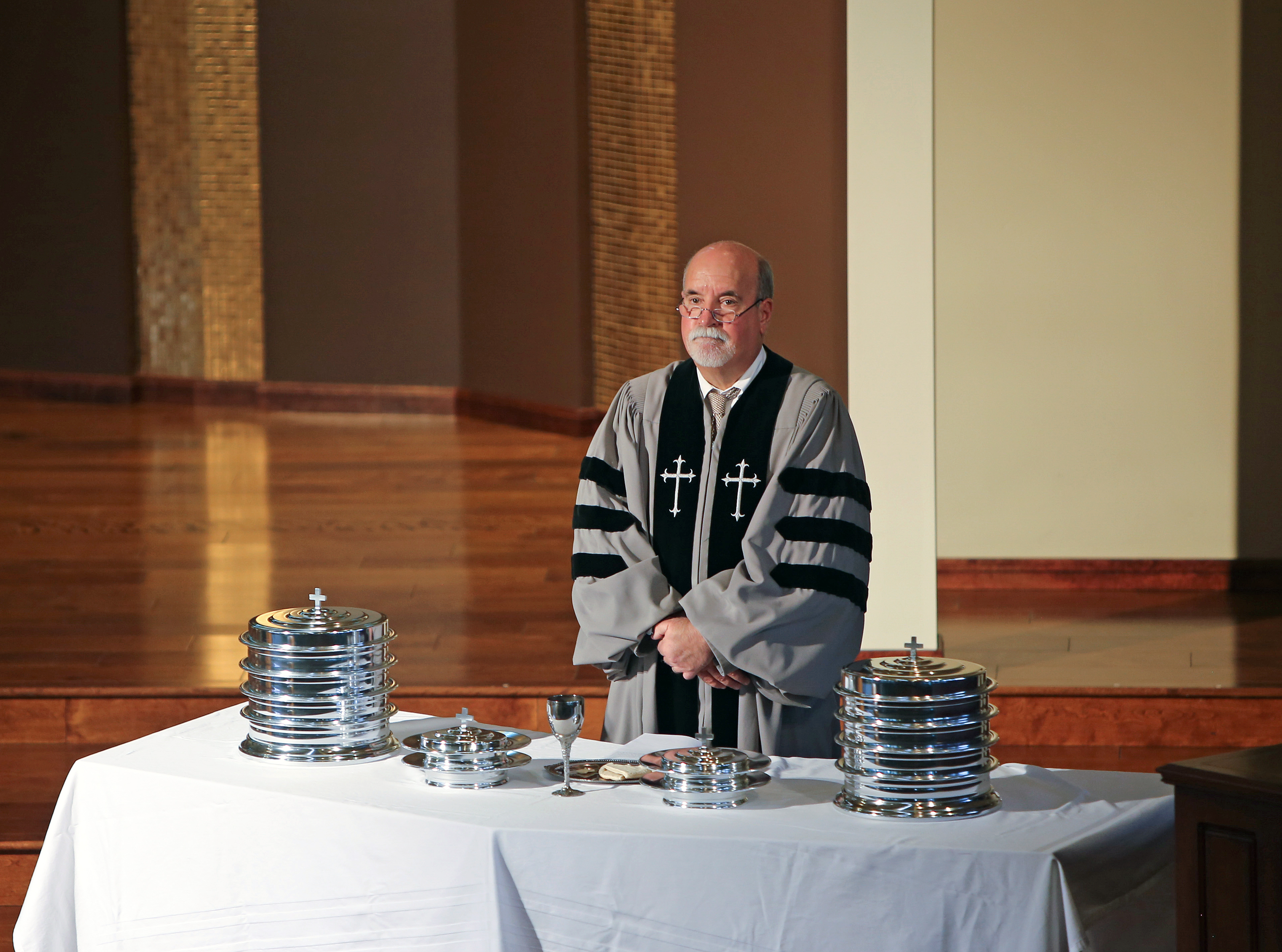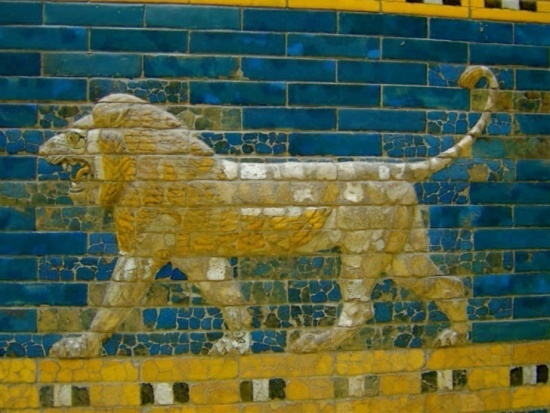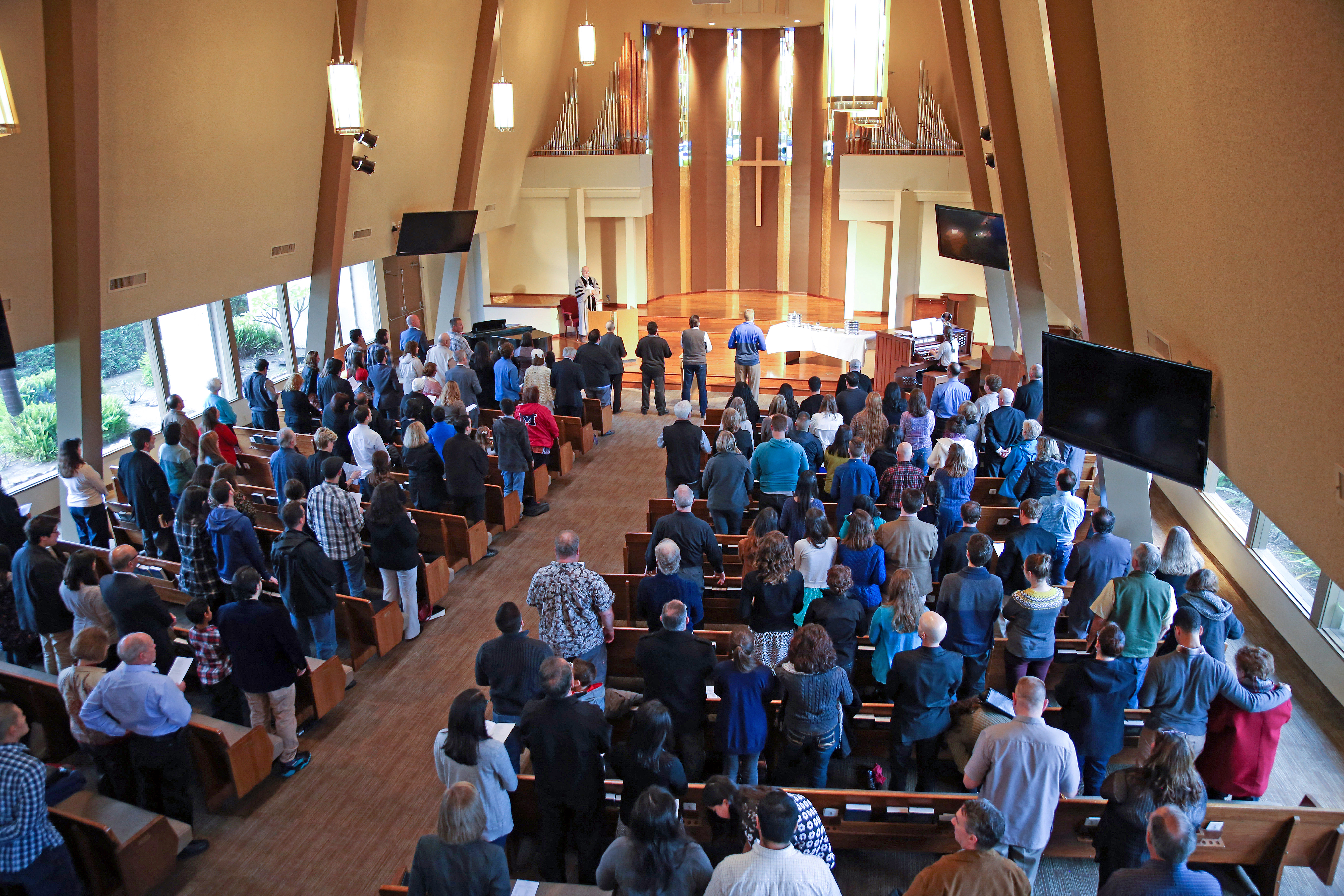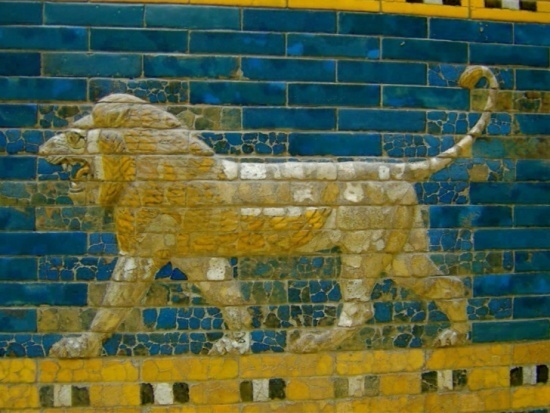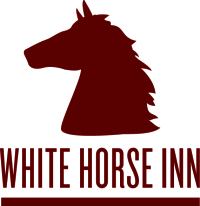"It Would Have Been Better" -- 2 Peter 2:10b-22
 Tuesday, May 31, 2016 at 09:49AM
Tuesday, May 31, 2016 at 09:49AM 
The Fifth in a Series of Sermons on 2 Peter
In the first three verses of chapter two of his Second Epistle, Peter warns the churches that false teachers will arise throughout the course of the age and disrupt the church. They will do so until Jesus comes back a second time–which is, ironically, a doctrine which the false teachers mentioned by Peter denied. According to Peter’s warning, false teachers and false prophets will arise within the churches and secretly introduce destructive heresies, utter false prophecies, and speak blasphemies against God. Peter warns us that their motives are sinister–because of their greed, false teachers and prophets seek to exploit the people of God. The Apostle tells us that these false teachers and prophets are like the angels who rebelled against God in the days before the great flood. They are like those evil men who mocked Noah as he built the ark. They are like the inhabitants of Sodom and Gomorrah–men who lived to gratify the lusts of the flesh. Such false teachers and prophets will say and do anything to exploit the people of God. But their ultimate destruction is as sure as is the prophetic word (Scripture) given by God.
In the last half of the second chapter of 2 Peter 2, Peter describes these individuals in the harshest of terms. The reason why Peter can speak so harshly when referring to them is the damage these people do is not slight. They disrupt the peace of the churches. They despise Christ’s authority and his word. They place their own made-up prophecies above the authority of Scripture. They seduce others so as to steal their chastity, their money, and their reputations. The methods and attitudes of these false teachers and prophets are so callous and deceitful that Peter can say of them that it have been better for them to have never known the way of the truth, then to turn their backs upon Jesus (the master, who they claim “bought” them), while seeking to abuse and exploit Christ’s sheep. Peter minces no words when describing these people, their shameful ways, and their inevitable destruction.
As we return to our series on 2 Peter we move into what may be one of the most difficult sections in the New Testament upon which to preach because the language is so harsh, and because this section may give us the impression that we, in turn, can use this same language of others. The application is not that it is OK to call others “blots’ and “blemishes” or “irrational beasts.” Rather, this is something we must leave to the Apostle who is writing under the guidance of the Holy Spirit, yet whose righteous anger is evident in his words. In the first half of the chapter, Peter warns us of the false words and false prophecies uttered by false teachers and prophets. He has described their selfish motives–these are not people who are sincere but wrong. They are not to be trusted, nor given any benefit of doubt. In describing their conduct in such graphic terms, Peter provides us with the reason why these individuals will be judged so harshly by the master (Jesus) whose authority they truly despise, despite their claim to be followers of Jesus.
Peter says of them in verse 10b, “bold and willful, they do not tremble as they blaspheme the glorious ones.” In saying this, Peter gives theological justification for the harsh words which follow. His words clearly echo those of Jude 8- 9. “Yet in like manner these people also, relying on their dreams, defile the flesh, reject authority, and blaspheme the glorious ones. But when the archangel Michael, contending with the devil, was disputing about the body of Moses, he did not presume to pronounce a blasphemous judgment, but said, `The Lord rebuke you.’” Knowing his place in the order of things, even the powerful Michael the Archangel humbly refused to offer a blasphemous judgment or mock the devil.
To read the rest of this sermon, Click Here


